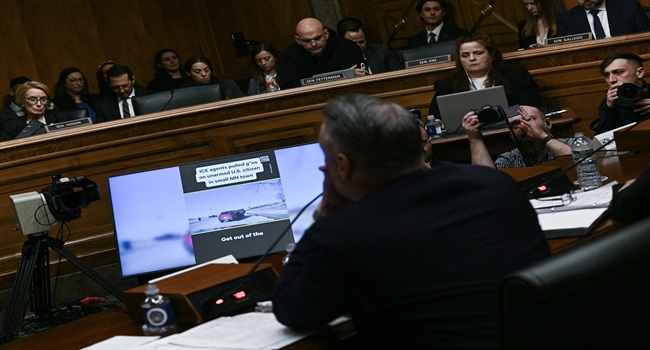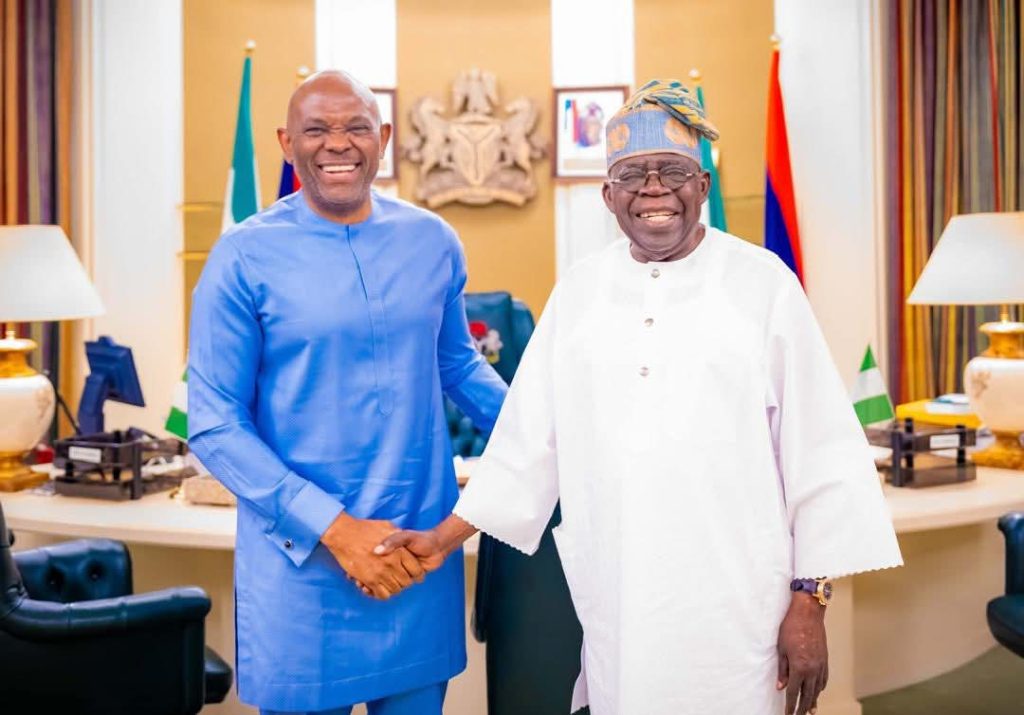Nigerian President Bola Tinubu met with World Trade Organization (WTO) Director-General Ngozi Okonjo-Iweala in Abuja to discuss a new initiative aimed at empowering women entrepreneurs through digital trade. The closed-door meeting at the presidential villa focused on Nigeria’s participation in a global program designed to bolster economic resilience and job creation amid challenging financial conditions.
Central to their discussion was the launch of the Women’s Exporters’ Fund, a joint initiative by the WTO and the International Trade Centre (ITC) supported by Nigeria’s first lady. Okonjo-Iweala, accompanied by Trade Minister Jumoke Oduwole, described the program as a “joyful” achievement, emphasizing its role in providing financial and technical support to women-led businesses. Nigeria emerged as one of four nations selected worldwide for the pilot phase, with 67,000 applicants vying for spots.
Out of these, 146 Nigerian women secured funding, divided into two categories. Sixteen entrepreneurs qualified for the “Booster Track,” which offers 18 months of specialized mentorship and resources to scale existing enterprises. An additional 100 recipients will each receive $5,000 in seed funding paired with yearlong business training to strengthen their operations. Disbursements will occur directly to beneficiaries, aligning with broader goals of enhancing social safety nets and advancing gender-inclusive economic growth.
The timing of the visit carries symbolic weight, occurring shortly before Okonjo-Iweala’s second term as WTO chief begins on September 1, 2025. Appointed in 2021 as the first African and first woman to lead the 164-member organization, her re-election underscores global confidence in her leadership. President Tinubu praised her track record, expressing optimism that her renewed mandate would bolster the WTO’s capacity to foster equitable trade policies and governance frameworks.
The initiative reflects Nigeria’s strategic efforts to leverage international partnerships for domestic economic priorities. By focusing on digital trade—a sector poised for exponential growth—the program aims to position women at the forefront of emerging markets while addressing systemic barriers to financing and market access. With Africa’s largest economy grappling with inflation and unemployment, such interventions highlight the intersection of grassroots empowerment and macroeconomic stability.
Observers note the collaboration between Nigerian authorities and multilateral institutions signals a proactive approach to inclusive development, prioritizing sectors often overlooked in traditional trade dialogues. As the program unfolds, its outcomes could serve as a model for other nations seeking to harness digital innovation to bridge gender disparities in entrepreneurship.



